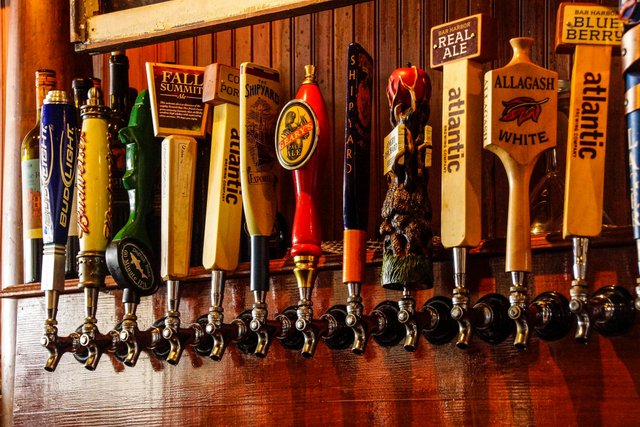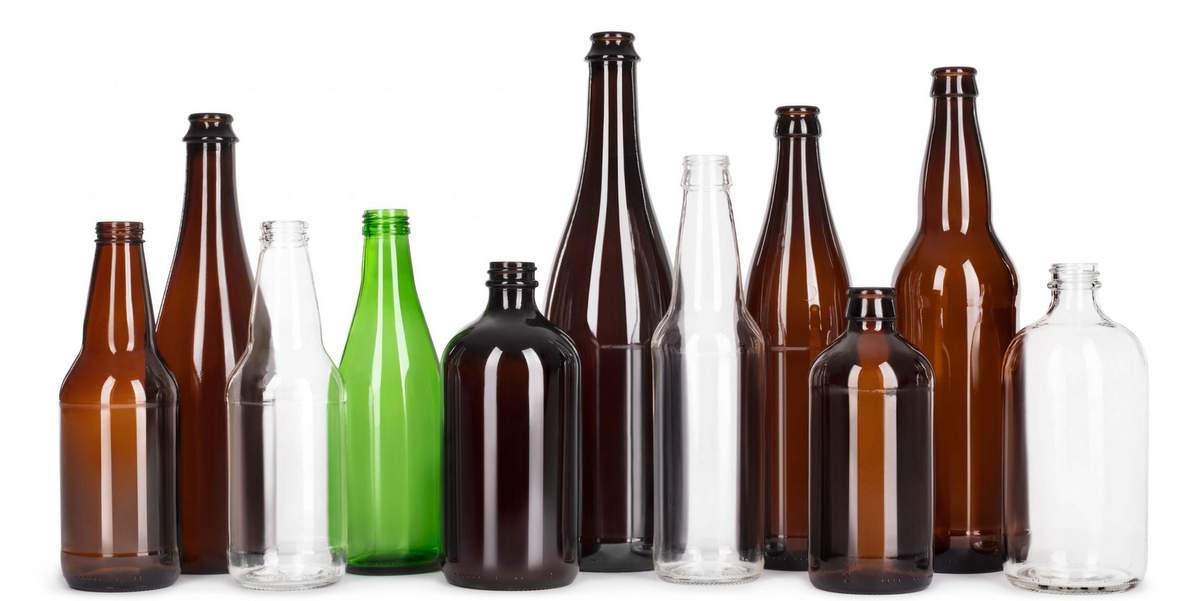
Maine is a progressive craft beer state that’s still enjoying the boom and buzz of the indie beer revolution. Maine is home to 140+ active, licensed breweries in 2019, and two years earlier, craft breweries contributed more than $260 million to the state’s economy in 2017, according to a biennial economic impact study conducted by the University of Maine in conjunction with the Maine Brewers’ Guild. Then you’ve got awesome ideas like the Maine Beer Box, the Maine Brewshed Alliance and the New England Craft Brew Summit.
Maine is definitely in a craft beer state of mind. Another example: The state just revamped its definition for small makers of beer, wine and cider to allow more self-distribution and protection as a small business. L.D. 1761 creates a new “small brewery” definition cap at 30,000 bbls produced per year (up from 1,600 bbls) and allows small operations to change and terminate distribution contracts easier with stipulations:
- the brewery must count for less than 3 percent of a distributor’s sales and haven’t sold more than 10,000 cases during the previous 12 months;
- 90 days’ notice with the intended amendment of the distribution contract and why; and
- the fair market value of the wholesale licensee’s business. That payment is calculated by whether or not a brand is growing or declining in the last 12 months — one times gross profit for brands that have declined over the last year and two times gross profits for brands that have increased sales.
Of course, nearly all the breweries in the state are below 30,000 bbls, so they were for these changes and more, but Maine’s alcohol distributors were also a big part of making the amendement happen. From the Sun Journal in Lewiston, Maine:
Cheryl Timberlake represented the Maine Beer and Wine Distributors Association during the hearing process and testified in support of the amendments to the bill.
“The manufacturers are our partners,” she said. “We want to preserve and protect the system that provides a safeguard for an open, accountable and transparent marketplace. A system that allows for product diversity and consumer choice by encouraging distributors to invest in capital and labor in the creation of new markets for craft and the expansion of markets for existing products. If a supplier wants to change its distributor relationship, there is a mechanism in place to allow that to happen. Products are released and traded to accommodate these requests. We stand with our Maine Craft Breweries to acknowledge their need for flexibility,” she said.





Bentley B Hops says
Jessica Katherine First sentence… Hence!